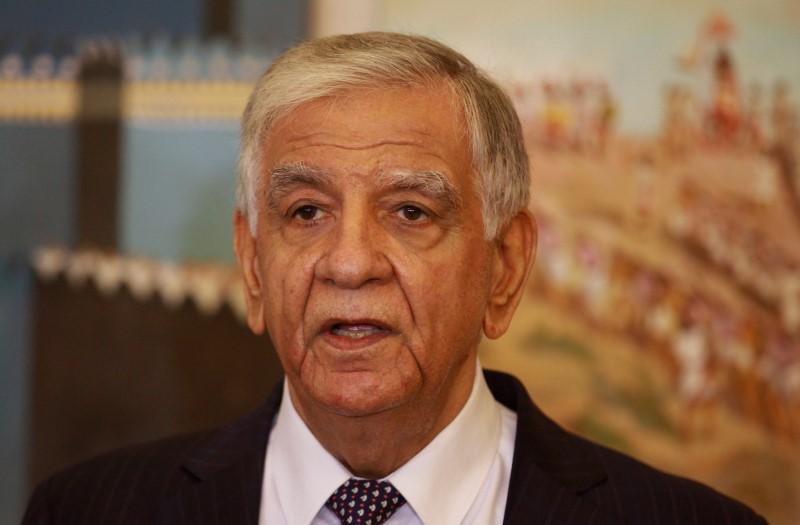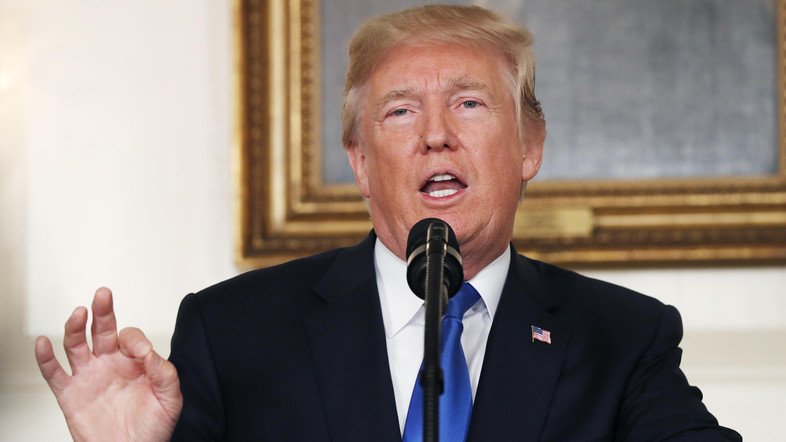
25 December 2017, Baghdad — Iraqi Oil Minister Jabar al-Luaibi said on Monday he was optimistic there would be a balance between supply and demand by the first quarter of 2018, leading to a boost in oil prices.
Global oil inventories have decreased to an acceptable level and there were positive signs that oil market prices would improve significantly in 2018, Luaibi told journalists.
“I am optimistic, and during the first quarter of next year there will be more balance between supply and demand, which will reflect positively on improving global oil prices,” he said.
A slight rise in oil production in the United States in December might have some effect on prices, he added.
Luaibi was speaking at a signing ceremony with China’s state-run Zhenhua Oil. Iraq reached an agreement with Zhenhua to develop the southern portion of the East Baghdad oilfield.
The oil ministry expects the costs needed to develop the oilfield could reach $3 billion, said Abdul Mahdi al-Ameedi, who heads the oil ministry’s licensing and contracts office.
Iraq has made significant changes to the new service contract with the Chinese company that links global oil prices and the cost of development, he said.
“It’s a new contract with new amendments which we made to overcome the chokes and lapses in our previous service contracts,” Luaibi told journalists.
The new contract will allow Zhenhua to receive a $3.5 fee for each barrel of crude produced from the oilfield, Ameedi said and will serve as a model for all upcoming contracts with international companies.
“The East Baghdad contract was drafted in a way to significantly minimize the cost of oilfield developments. This contract will be a model for the following oil deals,” he said.
Iraq plans to utilize 20 million cubic feet of gas produced as a by-product of oil production from the East Baghdad oilfield to supply a nearby power station, Ameedi said.
He said he expects the signing of the East Baghdad final deal to take place in March.
The head of the state-run Midland Oil Company, Jalal Ahmed, told reporters that the increase of crude output from East Baghdad oilfield, which he said was now producing 10,000 barrels per day, will be used to feed a nearby major electricity station near Baghdad.
Jalal also said his company has plans to upgrade production from the Neft Khana oilfield near the Iranian border to 8,000 barrels per day from the current 2,000.
*Ahmed Rasheed; Ahmed Aboulenein; Editing: Hugh Lawson – Reuters



